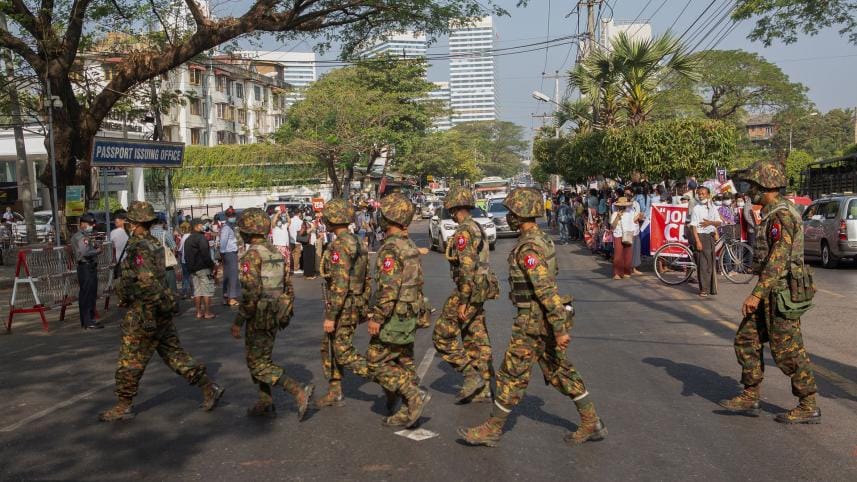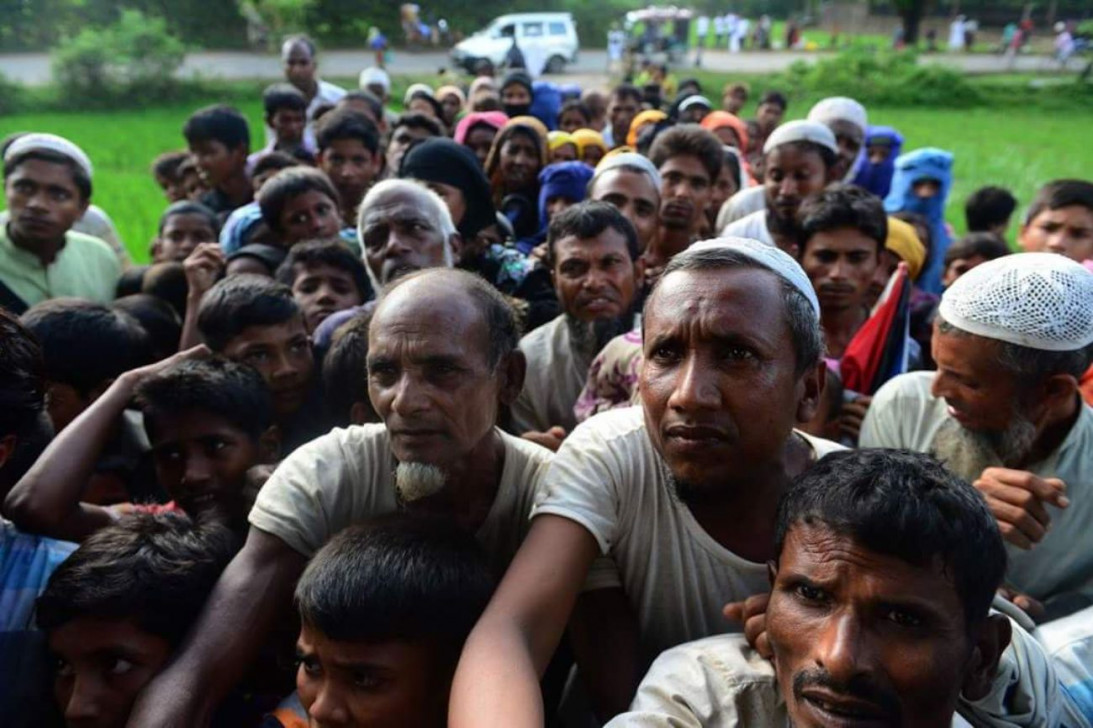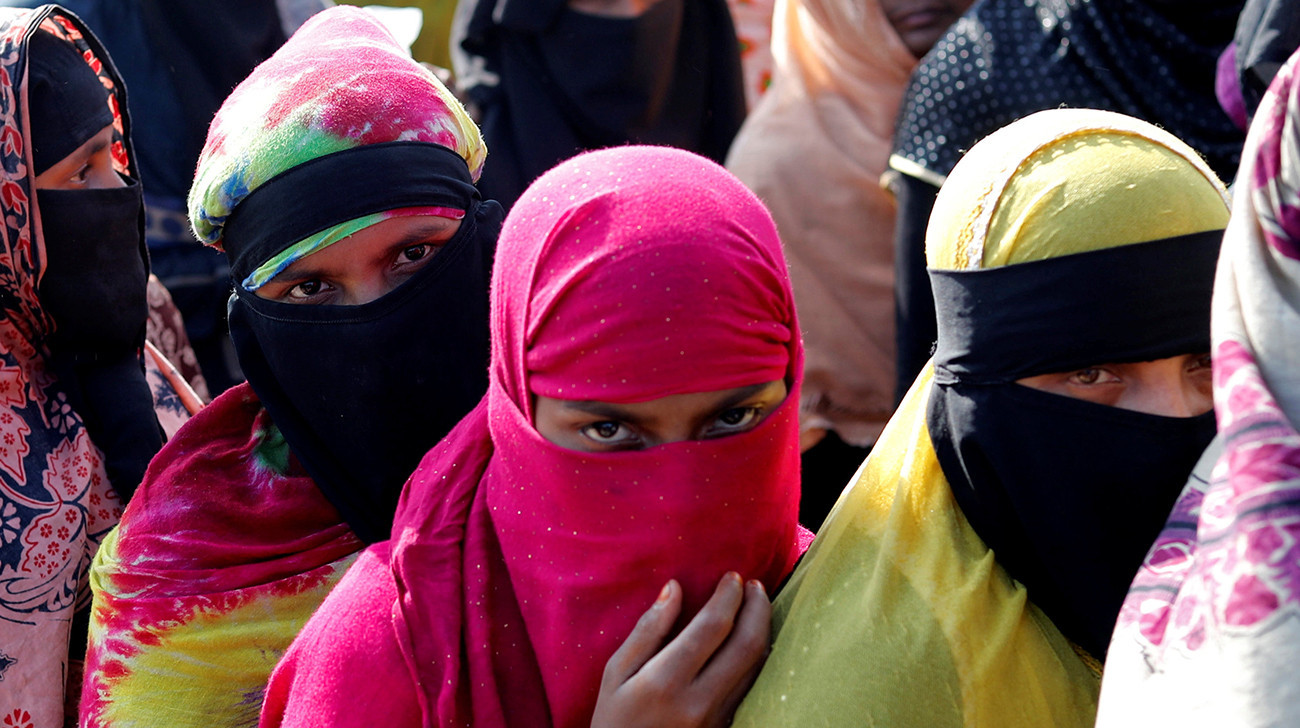Is the military junta losing its ground in Myanmar?

The military junta in Myanmar, which came to power by toppling the elected government in February 2021, seems to be in deep trouble. They rejected the results of the national election in 2020, which was arranged under their supervision. In fact, they reversed Myanmar's history. Long after their direct military rule in the country, they started a limited process of democratisation when Aung Sun Suu Kyi-led National League for Democracy (NLD) came in power in 2011. Since then, the military junta and the NLD jointly ran the country. Suu Kyi even defended the Myanmar military's brutality and atrocities at the International Court of Justice (ICJ). But the election held in November 2020 changed the relations between the junta and NLD. The leadership of the junta spoiled the achievements of the last 10 years.
However, since February 2021, the junta has been facing strong resistance both on political and military fronts. On the political front, they faced the unprecedented civil disobedience movement nationwide. Later on, perhaps for the first time in modern Myanmar, a shadow government was created under the name of National Unity Government (NUG). Initially, the NUG struggled to gain recognition, but now it has wider acceptance from different countries and organisations across the world – the European Union, US, Asean members have emphasised the role of NUG in Myanmar's future. The NUG constituted the People's Defence Force (PDF) to strongly confront the junta, comprising mainly the NLD leadership and their followers. On the other hand, Myanmar has been facing insurgency for decades. The junta is facing resistance from the ethnic groups. Interestingly, the ethnic groups are supporting the NUG. Notably, some of these groups have been part of the NUG.
At the same time, the ethnic groups maintained their own military capacity to fight against the junta rulers. Thus, the junta has been having trouble establishing political control in Myanmar. They became further isolated from the world from a diplomatic point of view. They have almost lost on three fronts: diplomatic, political, and military. Interestingly, the junta formed alliances with some of the insurgency groups, such as the Arakan Army (AA). Initially, the Arakan Army maintained friendly relations with the junta, but, as we have seen in recent days, the Arakan Army started to implement their own strategy as they wanted to strengthen their power and control in the Rakhine state. Increasingly, they became hostile to the junta, who also started to consider the Arakan Army as a major foe. Both parties started to fight in Rakhine in the middle of August this year.
Currently, the military junta is in deep trouble in Rakhine. They are losing their dominance and even their basic presence. They are losing soldiers, facing fatalities and have also lost control of several military outposts. They are heavily being attacked by the Arakan Army and have notably lost military supply lines and communication.
The military junta of Myanmar is continuously suppressing politicians and civilians. They are indiscriminate in their attacks and killings. They are employing their maximum capacity to win against the Arakan Army, but strategically they haven't gained much. Media reports reveal that only 17 percent of the territory in Myanmar is under the control of the junta, 52 percent is under the NUG, and in the rest of the region, no party has absolute control. So it is fairly safe to assume that the junta has lost its ground in the country. Their position in Rakhine is quite vulnerable. We all know they have no strong position in other regions, where armed groups are very strong. Even among the majority communities like Bamars and Buddhists, the junta is losing popularity. So, now the junta leaders are thinking about their own future, power and military control in the country. We all know that the very reason to reject the 2020 election was the amendment of the constitution, which would have reduced the military authority in Myanmar. The junta may now face the consequences.
Given the circumstances, it is inevitable that the military junta is on the backfoot. But they will not accept the reality. They will not bother about whether Myanmar is a pariah or a failed state. Rather, they will try their best to strengthen their power and continue to leave the region in danger of insecurity. They have already created regional problems like the Rohingya crisis. Their atrocity and brutality produced millions of displaced, refugees and IDPs, which are causing pressure to its neighbour Bangladesh. Now, the junta is provoking Bangladesh by violating borders. They are not cooperating with the global community. They are not even listening to Asean, of which Myanmar is also a member. Asean has already taken some actions against the junta, not inviting them in some of its meetings and summits.
The international community should exert more pressure on the military junta regime in Myanmar to allow the repatriation of Rohingyas and create a conducive environment for a democratic government. The junta should release Suu Kyi and accept the result of the 2020 election, and allow the civilian government to function. Regional powers such as India and China should push the junta regime to make themselves accountable. The West should also create more pressure on the junta to maintain regional and global peace.
Dr Delwar Hossain is a professor of international relations at Dhaka University and a security and global affairs analyst.



 For all latest news, follow The Daily Star's Google News channel.
For all latest news, follow The Daily Star's Google News channel. 


Comments